IAWC rests its water case
DANVILLE – Day two of testimony in the trial that will determine what the Town of Mooresville will have to pay the Indiana-American Water Company for the town’s water system ended with the company resting and the town beginning its case.
The town has the legal right to condemn the system and purchase it. The only question for the jury is to determine the price the town will have to pay. The town has said the system is valued at $9.5 million while the company said it is worth $27.4 million. Appraisers for the court have determined it is worth $14.5 million.
Town council member Anthony Langley was the first person called by the town’s attorneys.
Under oath, Langley said the reason he wanted the town to take over the water company was because of concerns about the water rates. He said there were concerns the company was using some of the money from Mooresville customers to improve its other utilities.
Langley, who with his wife owns a business, said he wants everything his company has in Mooresville.
Under cross examination, Langley was asked if the government should be allowed to come in and take his business. Langley said it would depend on the law.
Langley was asked what the rates would be if the town took the utility over. Langley said he did not know but they had hired a company, Umbaugh and Associates, to look at what the rates would have to be after they take over the utility.
The town’s final witness for the day was John Marino. Marino worked for the United Water Resource Company when that company owned the town’s water system.
Marino helped put together the agreement in 1999 that led to the company selling the Mooresville water system and two other systems to the Indiana-American Water Company. The amount the company paid for all three water systems was around $16 million dollars.
The water company’s final witness was Mark DeBruler of the firm Beam, Longest and Neff.
DeBruler took the jury on a picture and video trip of the town’s water system. He said the national average for loss of water in a system due to leaks and other problems is suppose to be less that 15 percent. DeBruler said in the case of the town’s system, the loss of water is less than 10 percent.
DeBruler took more than an hour explaining the parts of the system and the cost to replace them. DeBruler said to build a system like the one in Mooresville would have taken nearly $49 million dollars.
On cross examination, town attorneys attacked his qualifications to do the work. They cited the fact that the company was wanting to have Indiana-American Water Company as a client so he made distortions to his figures.
During his testimony, DeBruler showed the jury five sections of water pipe which he said shows the system is in good shape.
Under cross examination, attorneys pointed out the five sections represented less than three feet of pipe in a system that contains more than 311,000 feet of pipe.
They pointed out that DeBruler checked less than 1 percent of water valves and less than 1 percent of fire hydrants in making his estimates.
DeBruler admitted the company had paid him around $100,000 for his work.
Testimony began again Thursday at 9 a.m. and was expected to end sometime Friday. The jury was to receive the case Friday morning.
All total, there are more than 60 bankers boxes of files, depositions and other items in the court. The attorneys for both sides have installed a computer system that keeps track of many files and, when needed, displays them on video screens for the judge, witness and attorneys. The files can be displayed on a big screen for the jury to see.
On Thursday, IAWC Mooresville Plant manager Troy Bryant took the stand, followed by Jeffrey Henson, IAWC senior development manager and Judith Cleland of Cleland Environmental Engineering.
Bryant testified that most of the waterline breaks he sees are radial breaks, and these are repaired under pressure to avoid shutting customers’ water supply down. He said there have been a few times when the company had to cut a pipe section, which caused service to be shut down. He explained that the wells were staged according to a priority level. Pump 5 has hydrant pressure, and Bryant said it is turned on at the end of the day to test the pressure. He said this is not as easy as flipping a switch.
Bryant said employees at the Mooresville plant are trained, which is a cost to the company. He was asked if financial information came from a company database and if it could be accessed from the Greenwood office. He said yes, and that every report he gets is a tool to help him manage the day-to-day operations – what has been spent, what his budget is and what needs to be done. Bryant said he gets an operation expense report, and his responsibilities include meter reading, proper revenues, labor costs, overtime, fuel power and chemical costs.
When asked if insurance information, capital investment and amateurization and certain taxes are not available documents to him. However, he said if someone wanted to obtain that information, they could get it from the Greenwood office.
IAWC attorney Joe Conner asked Bryant if he wanted the town to take his system.
“No,” Bryant said. “I don’t want them to take the system.”
Amy Hillenburg contributed to this story.
Published June, 5th 2014 in The Reporter Times


Comments
No Comments